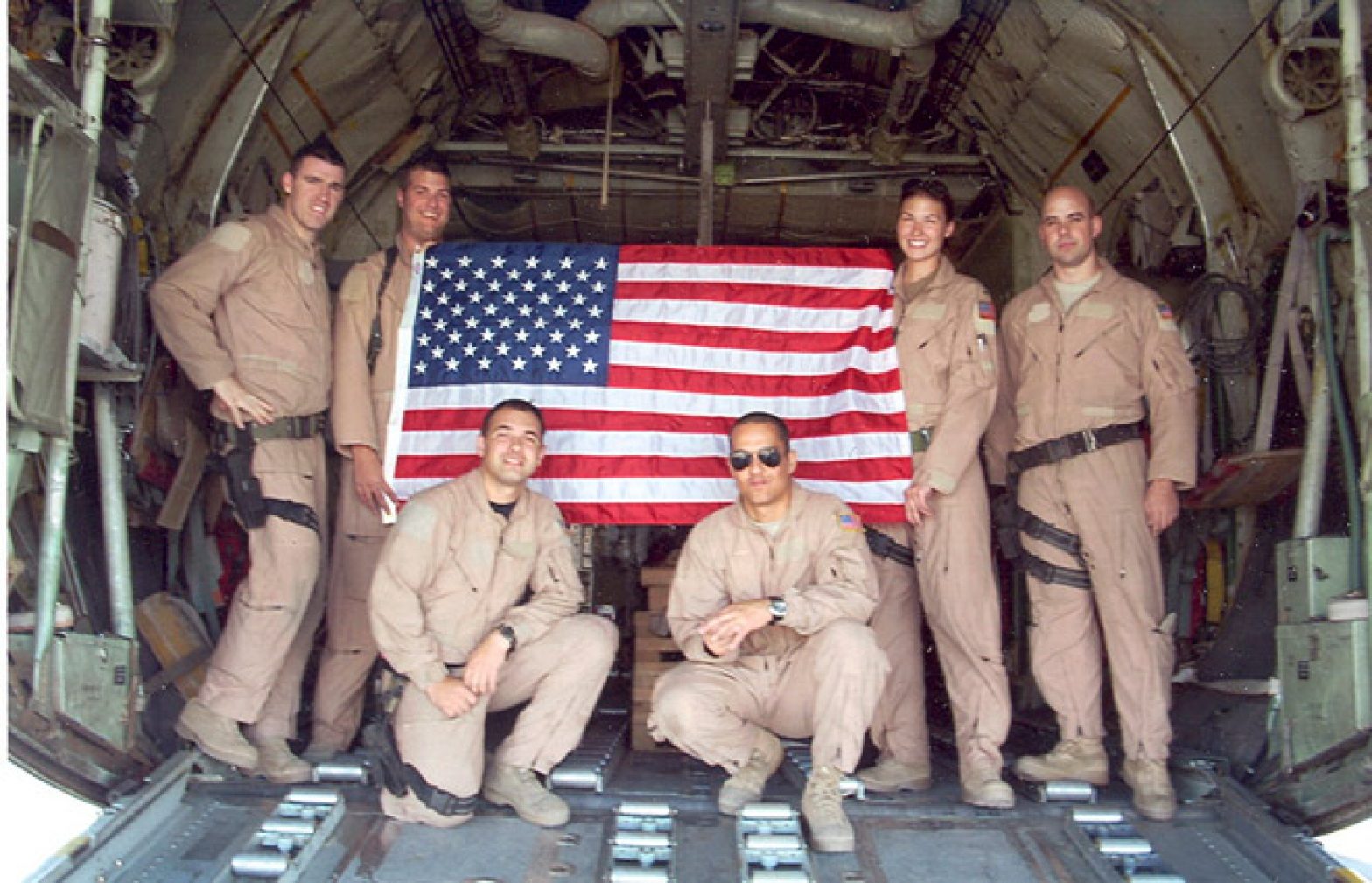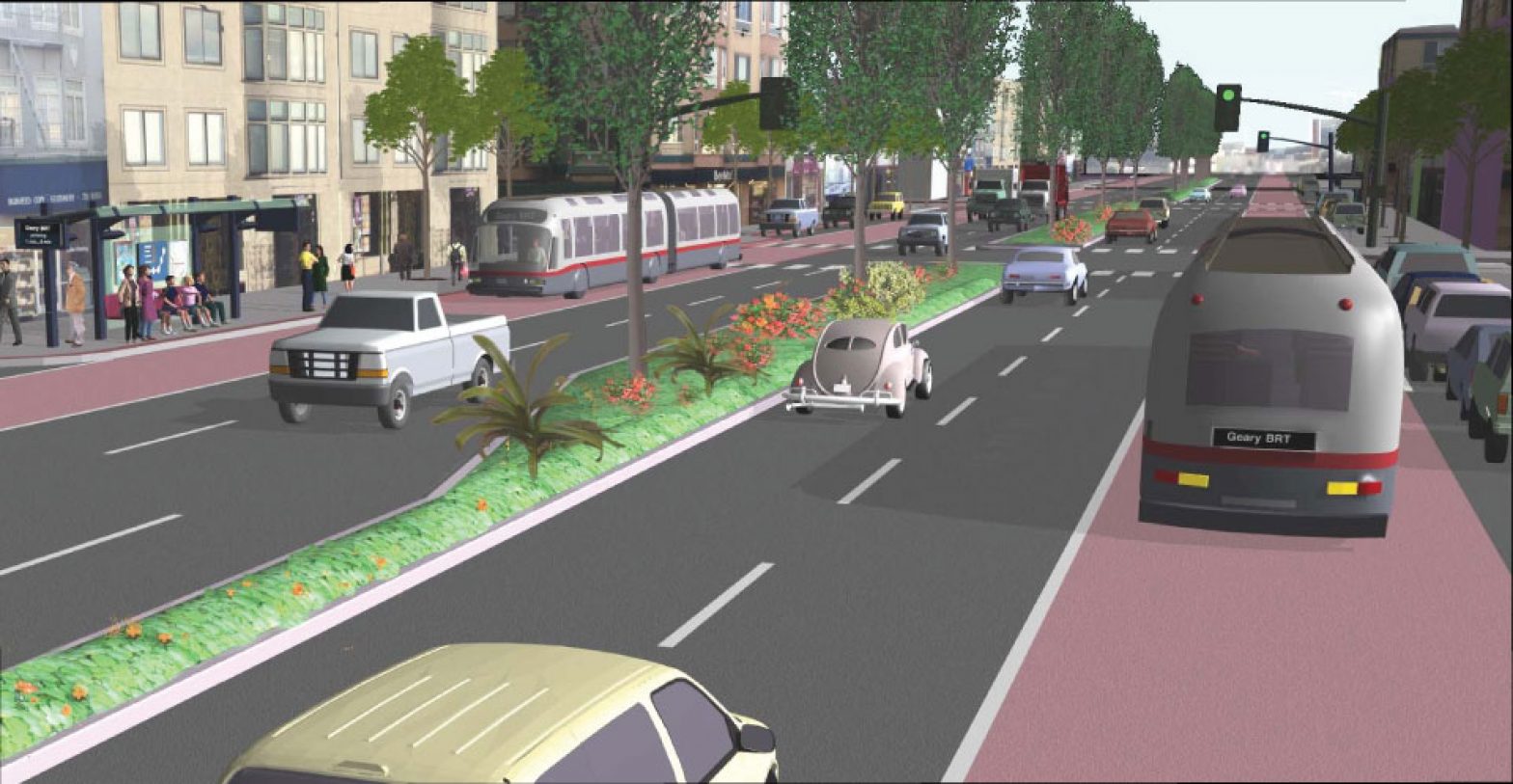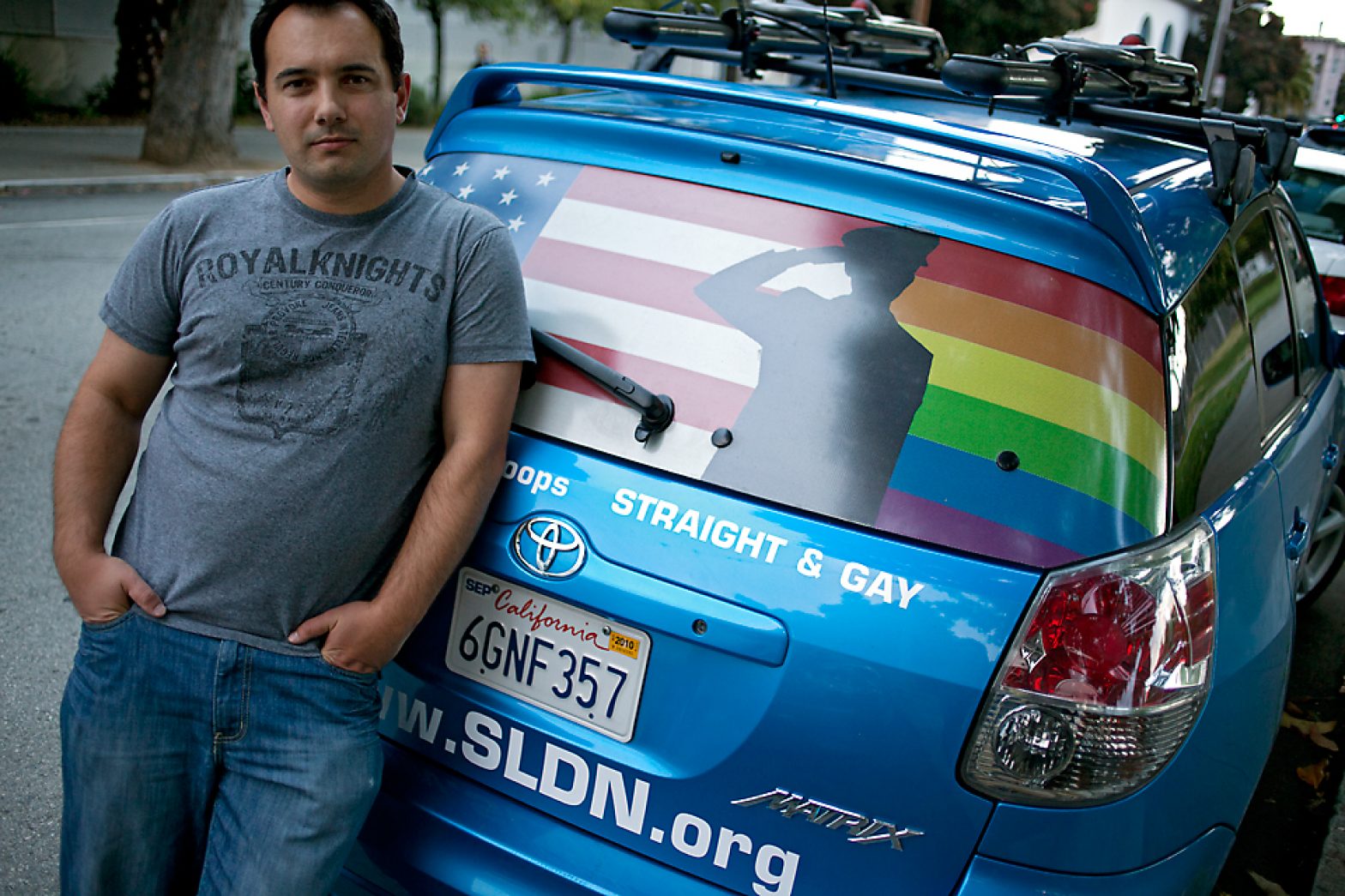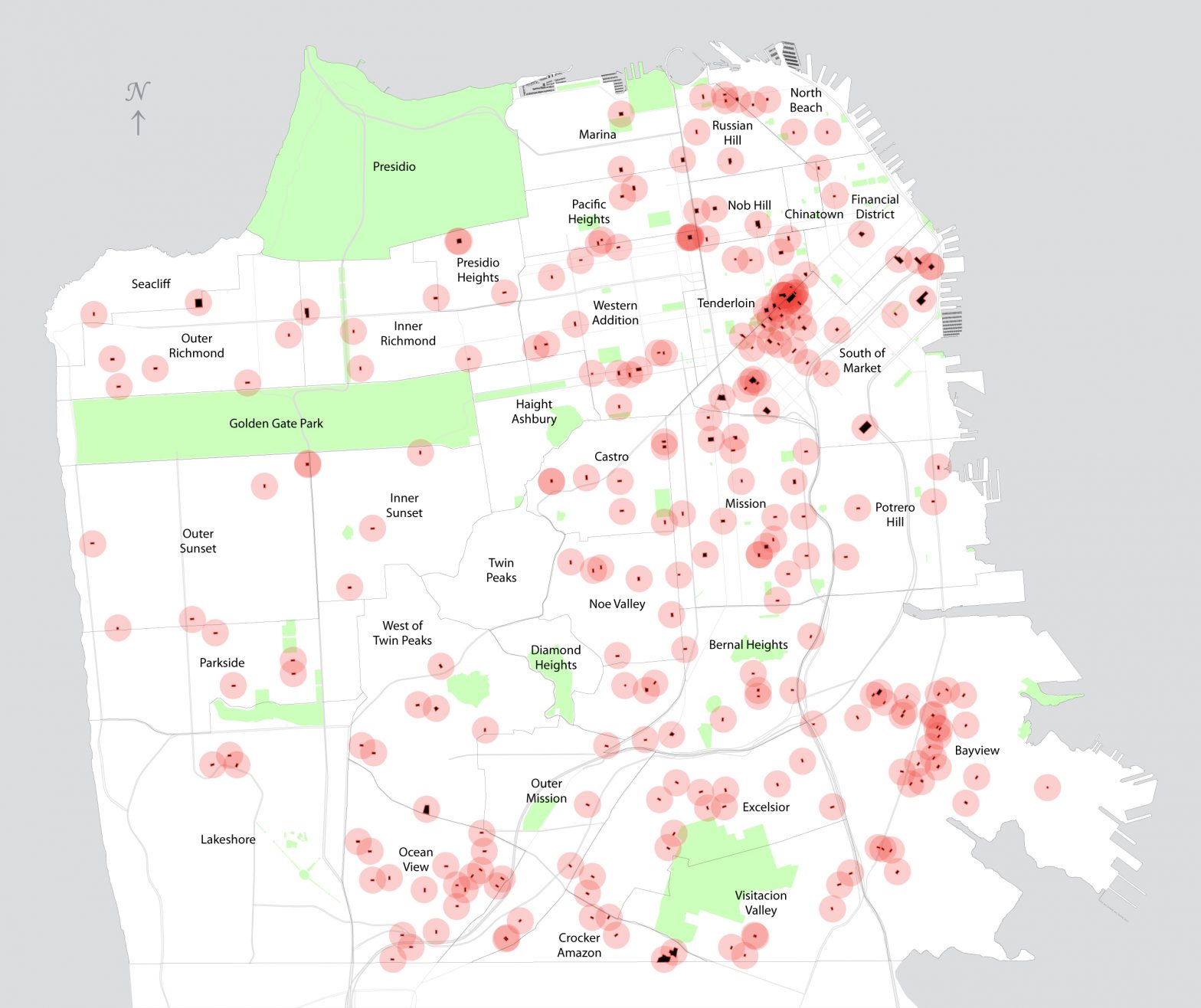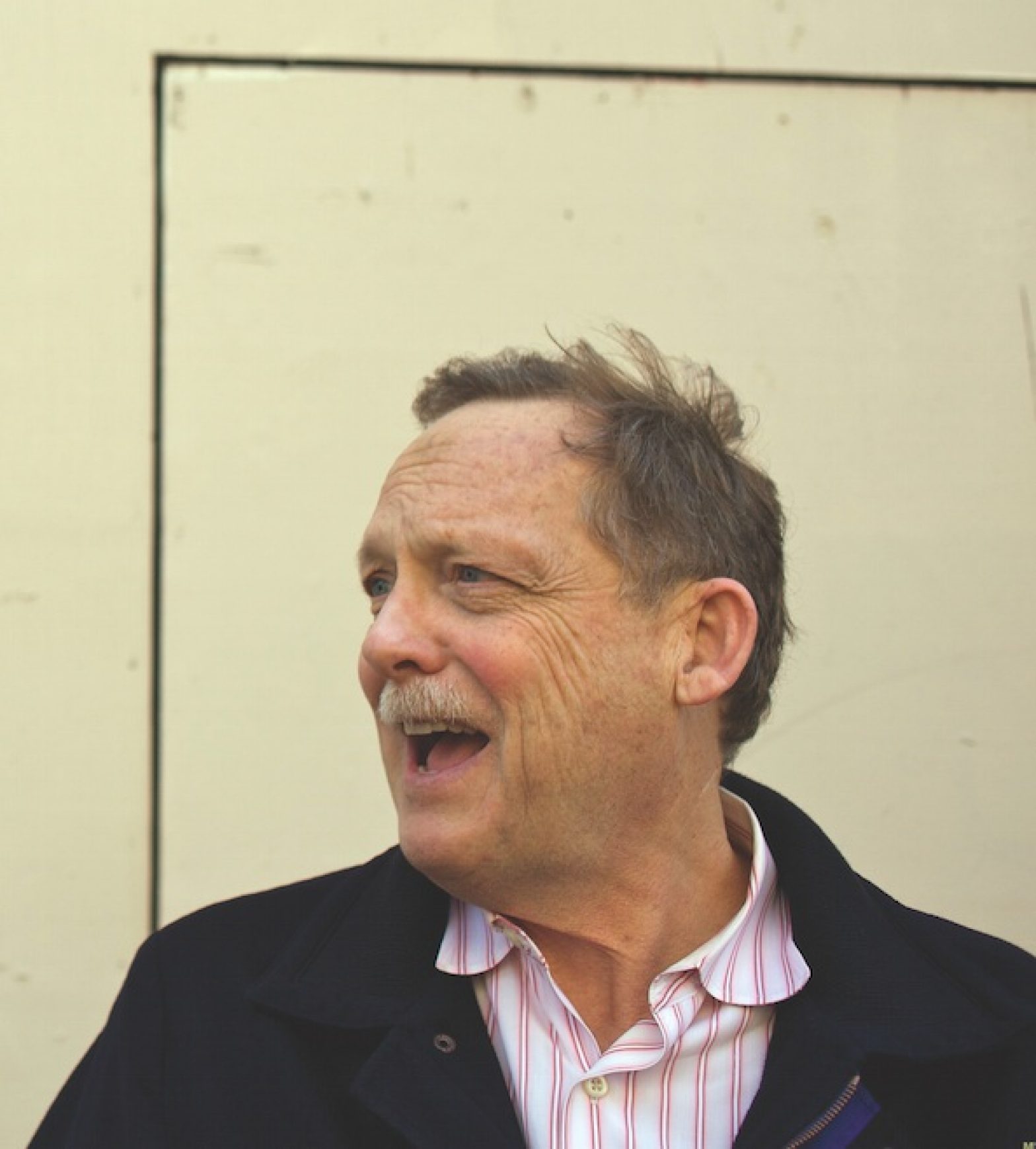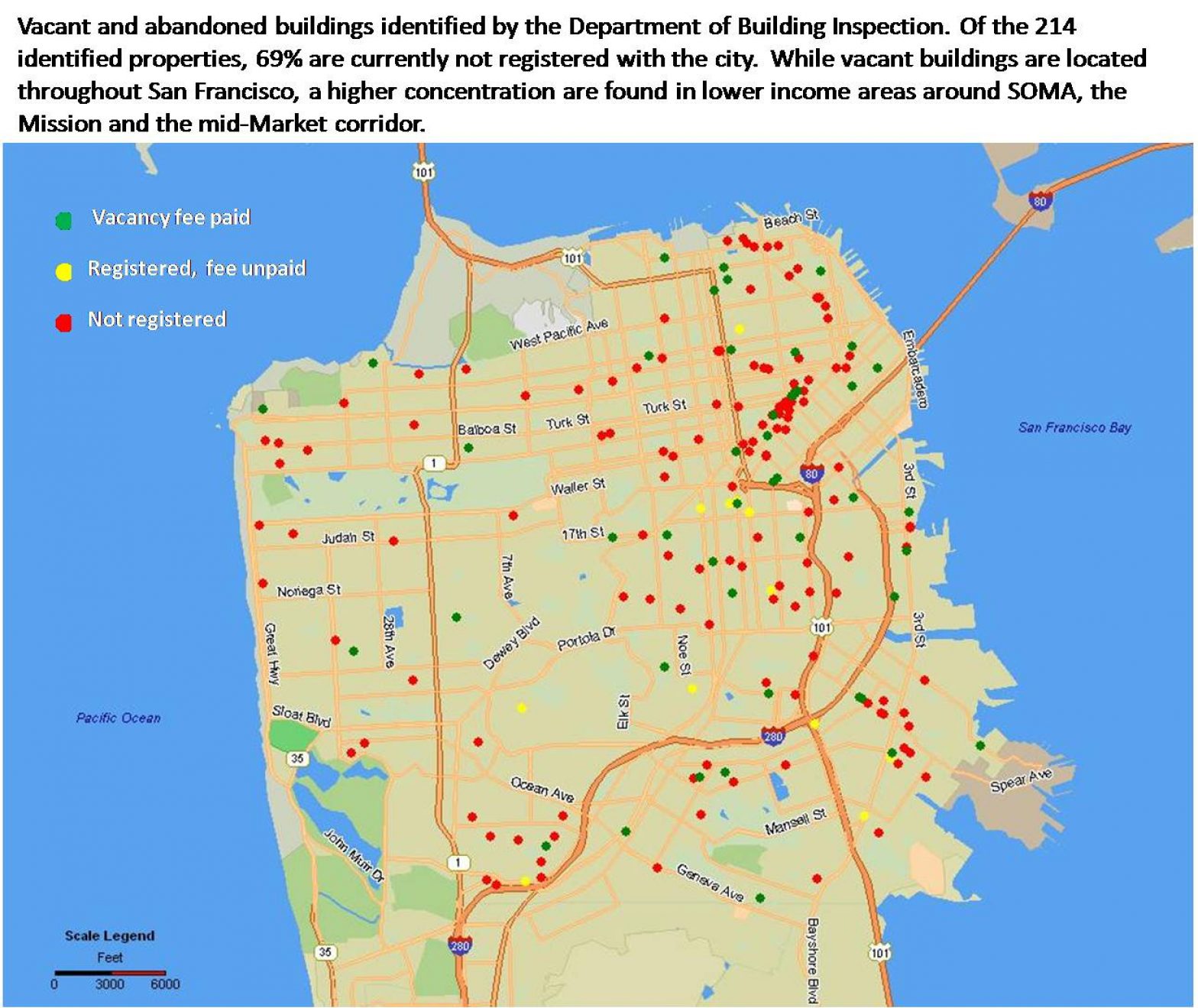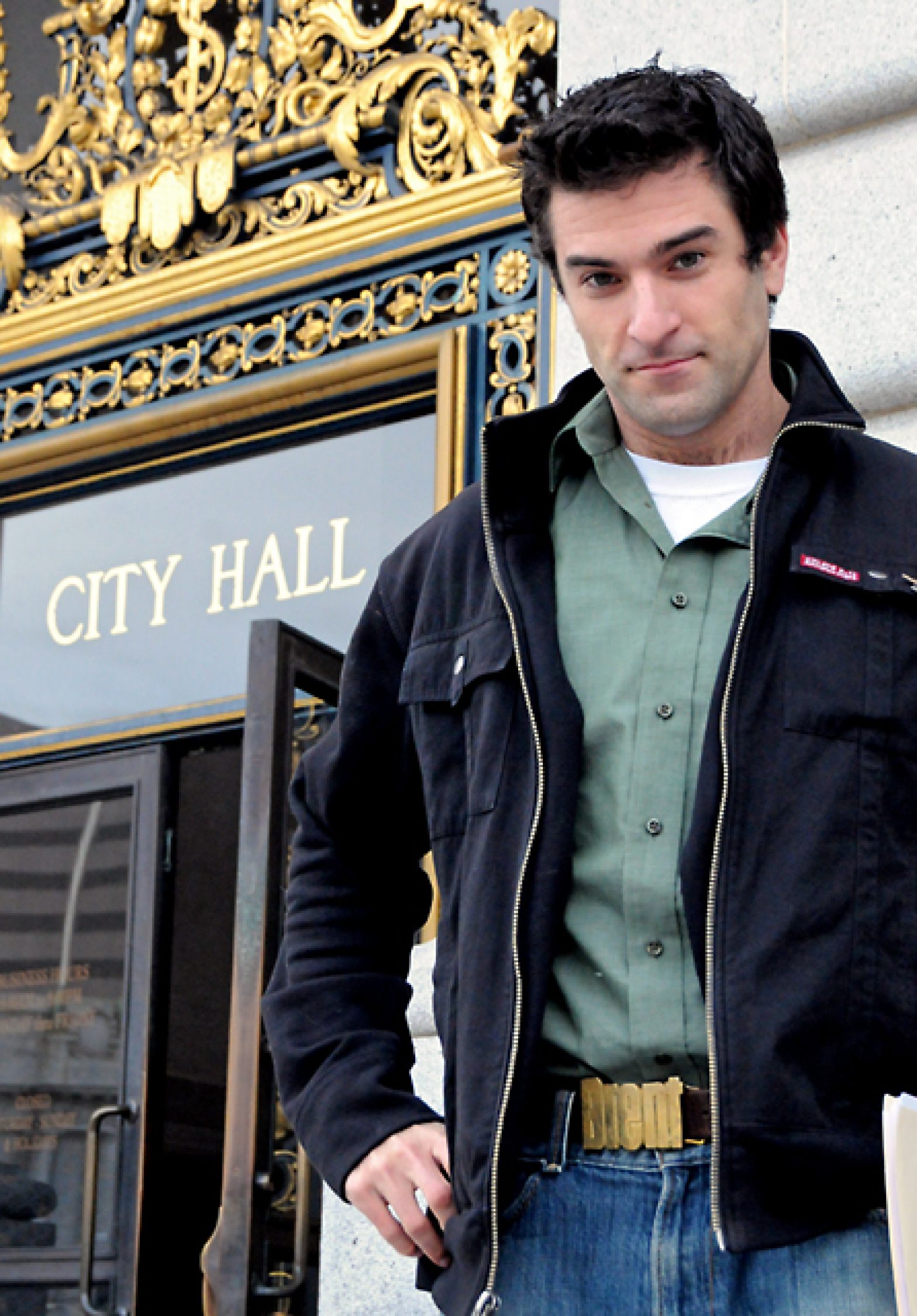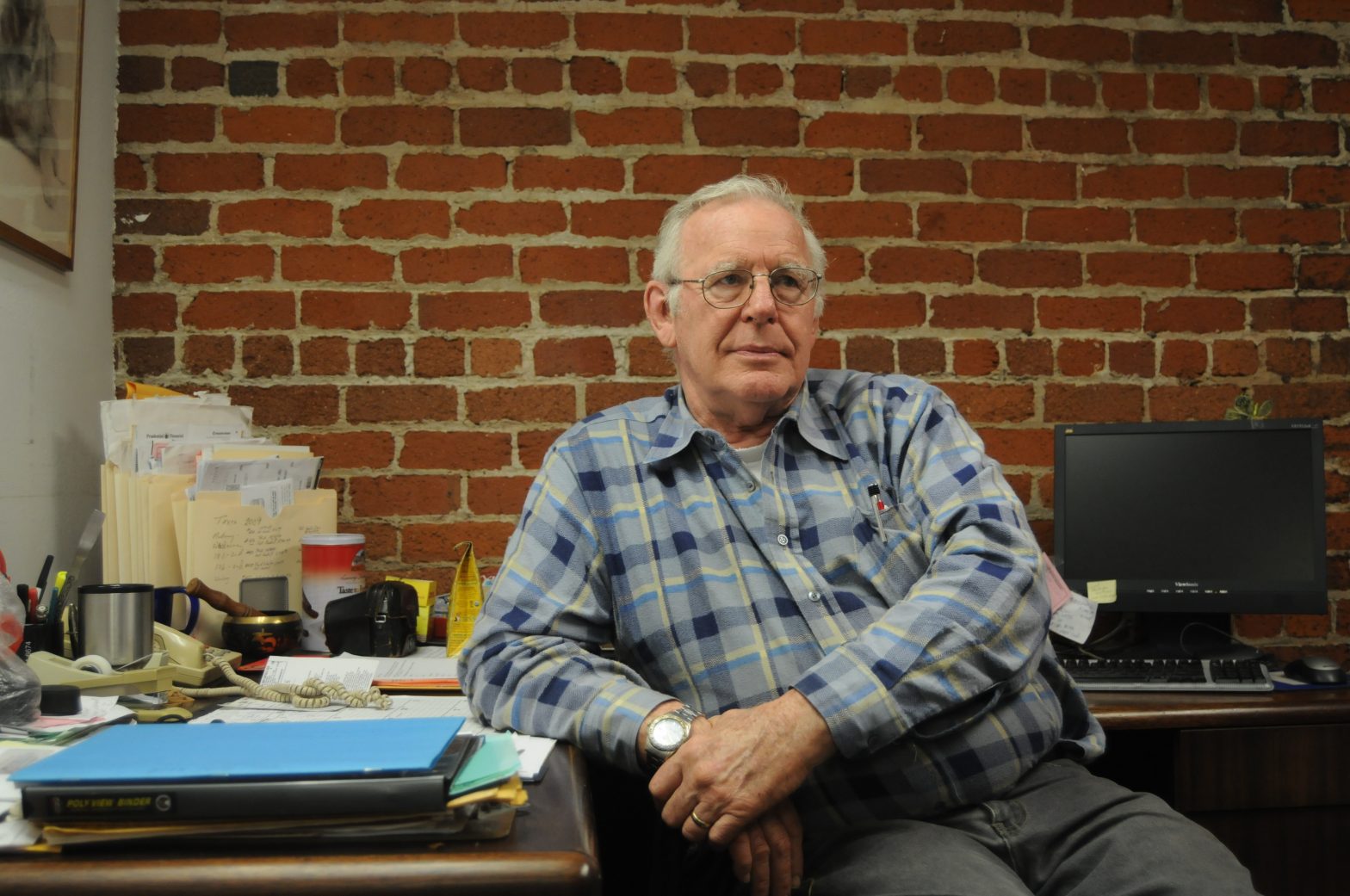Food Systems
A farm blossoms in Hayes Valley where a freeway once cast a dominating shadow
Neighborhood rallies to site of collapsed freeway two decades after Loma Prieta earthquake
In 1990, Madeline Behrens-Brigham and Russell Pritchard opened art boutiques in a crime-ridden section of Hayes Valley. They called their part of the neighborhood, from Laguna Street to Market Street, the “Tenderloin of the ’90s.”
“It was only 20 years ago that you’d drive down Octavia Boulevard and on all corners it was prostitutes everywhere, like the Tenderloin is now,” Pritchard said.
The self-proclaimed neighborhood activists were barely making rent. They began attending meetings between Caltrans and city officials, petitioning to get the Central Freeway taken down. The double-deck structure had crumbled in the October 1989 Loma Prieta earthquake and laid fallow for two years.

